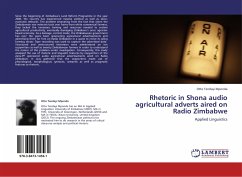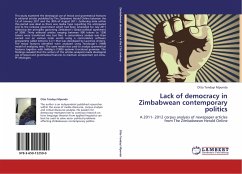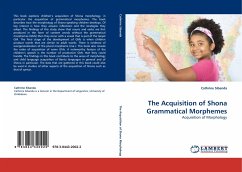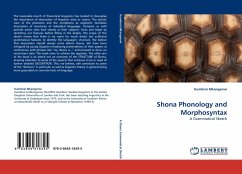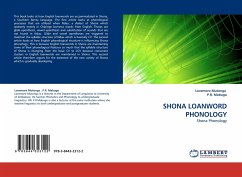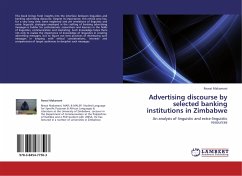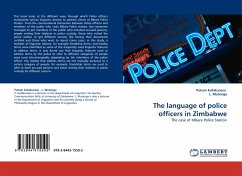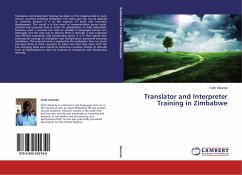Since the beginning of Zimbabwe s Land Reform Programme in the year 2000, the country has experienced massive political as well as socio- economic setbacks. The problem emanating from the fact that when the Zimbabwean war veterans took over farms from white commercial farmers, they lacked the necessary training and resources needed to sustain agricultural productivity, eventually damaging Zimbabwe s once agrarian based economy. As a damage- control mode, the Zimbabwean government has over the years been sponsoring agricultural advertisements and advertising them for free on Radio Zimbabwe in a quest to revive its ailing farming sector. Tape recording was used to capture the advertised data. Structured and unstructured interviews were administered on ten copywriters as well as twenty Zimbabwean farmers in order to understand the nature of the problem under investigation. Consequently, this study analysed the use of rhetoric and linguistic features by copywriters of the Zanu-PF sponsored audio agricultural advertisements aired on Radio Zimbabwe. It was gathered that the copywriters made use of phonological, morphological, syntactic, semantic as well as pragmatic features as rhetoric.
Bitte wählen Sie Ihr Anliegen aus.
Rechnungen
Retourenschein anfordern
Bestellstatus
Storno

